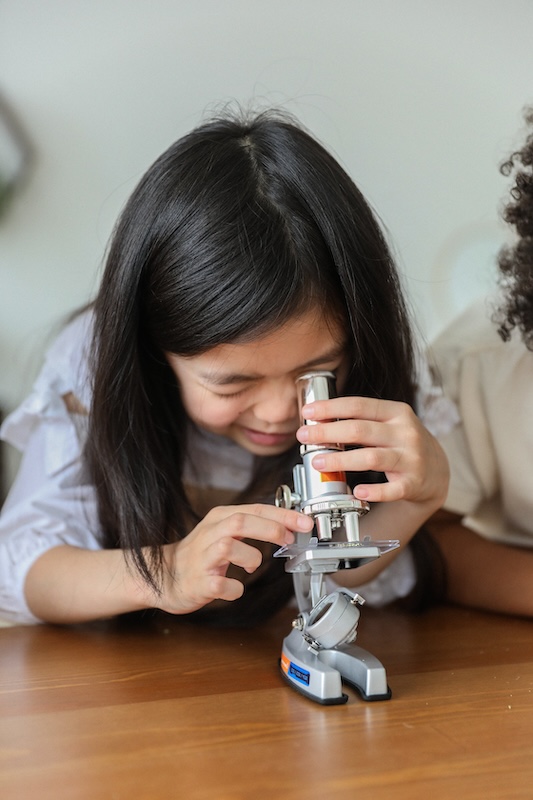Science isn’t just a subject in school; it’s a key that unlocks the wonders of the world. Introducing children to the realm of science from an early age isn’t just about memorizing facts—it’s about nurturing a curious mind and building a foundation for lifelong learning. Let’s delve into the myriad benefits of igniting the scientific spark in our young learners.
1. Curiosity Unleashed: Fueling the Inquisitive Mind
Science is a perpetual journey of asking questions and seeking answers. By exposing kids to science, we encourage them to be naturally curious about the world around them. This curiosity becomes the driving force behind their learning, pushing them to explore, experiment, and discover.
2. Critical Thinking Supercharged: Problem-Solving Prowess
Scientific inquiry is, at its core, a process of problem-solving. When kids engage with scientific concepts, they develop critical thinking skills. They learn to analyze information, make connections, and draw logical conclusions—a toolkit that extends far beyond the boundaries of the laboratory.
3. Hands-On Learning: Making Science Tangible
Science isn’t meant to be confined to textbooks. Hands-on experiments and activities make scientific principles tangible for kids. Whether it’s creating a volcano eruption, observing plant growth, or experimenting with magnets, these experiences transform abstract ideas into real, memorable lessons.
4. Teamwork and Collaboration: Science as a Social Endeavor
Many scientific breakthroughs are the result of collaborative efforts. When kids engage in group experiments or projects, they learn the value of teamwork and collaboration. Sharing ideas, brainstorming, and working together foster essential social skills that are applicable in various aspects of life.
5. Resilience in the Face of Failure: Embracing the Scientific Mindset
Not every experiment yields the expected results, and that’s perfectly fine in the scientific world. Kids learning science develop resilience as they encounter setbacks, learn from failures, and adapt their approach. This mindset is a valuable life skill, teaching them that setbacks are stepping stones to success.
6. Practical Application: Bridging Theory and Reality
Science isn’t just theoretical; it’s deeply ingrained in our daily lives. Kids learning science gain insights into the practical applications of scientific principles. From the technology they use to the food they eat, science is the invisible force shaping their world.
7. Environmental Awareness: Nurturing Stewards of the Earth
Studying science instills an appreciation for the environment. Whether it’s understanding ecosystems, climate change, or the importance of conservation, kids become informed and engaged stewards of the Earth, fostering a sense of responsibility for the planet.
In conclusion, the benefits of kids learning science extend far beyond academic achievement. Science is a gateway to a world of exploration, critical thinking, and practical understanding. So, let’s encourage our young minds to don their imaginary lab coats, pick up their magnifying glasses, and embark on a lifelong journey of scientific discovery.
Subscribe to The Bubblah today to learn about how your kiddos can be part of our online magazine. We are the digital magazine by and for creative kids!


